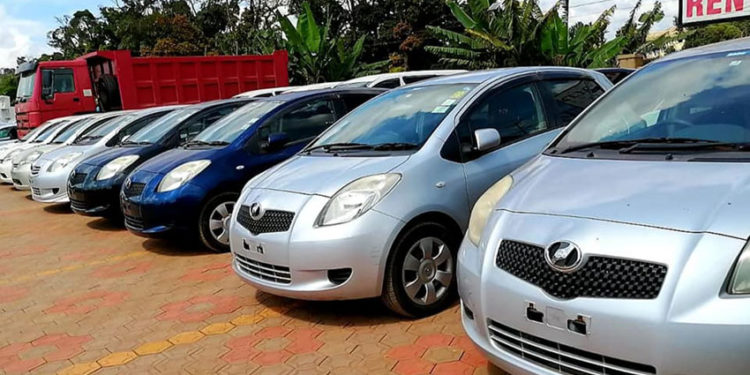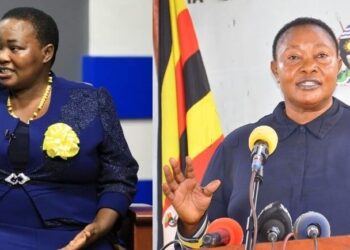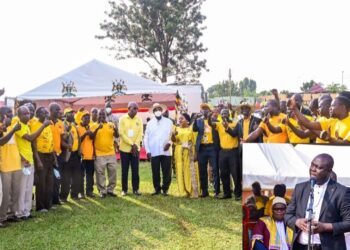There are new tax proposals for the next financial year that have caught the eyes of many. One is the introduction of a 12% tax on internet bundles. Apparently, the Over The Top (OTT) tax charged on social media isn’t that successful. Either the number of people who use social media had been exaggerated before the tax was introduced or there are many people using Virtual Private Networks (VPNs) to bypass the tax.
But I guess everyone who is in the business of tax collection knows that for one to realize significant revenues, it must be easy for people to collect the tax in the first place. Once a tax is cumbersome to collect, the collector will face serious hurdles in doing their work. Also, people will naturally use such hurdles to dodge paying the tax.
Yet the proposal to scrap the OTT tax I thought had taught our tax collectors some important lessons. In the same documents seeking to scrap the OTT tax, there is a re-introduction of the annual vehicle license. Many years ago, the tax collector rightly argued that collecting annual license fees from motorists was cumbersome and there were many loopholes. The right thing, the argument at the time went, was to put this tax on fuel. So every time you fueled the vehicle, you paid your annual license fee.
This tax was easy to collect. It was cheap to do so as well. Instead of putting road blocks to check if cars had valid annual licenses, the tax collector simply ensured that petroleum companies remitted the money. There are fewer petroleum companies than vehicle owners and they risked being banned and their assets sold if they didn’t comply.
Previously, many annual license certificates were made on Nasser Road while some people comfortably bribed those manning the road blocks. Although there is technology now to ascertain whether a license is genuine or not, I believe that Uganda doesn’t have the resources to enforce this kind of tax collection at the moment. Many vehicles on Ugandan roads aren’t road worthy or don’t even have the proper paper work like third party insurance but they freely move on the road. Many people in Uganda don’t have driver’s licenses. The police simply can’t fully enforce this. Uganda Revenue Authority’s law enforcement won’t be able to monitor the roads for valid annual road licenses.
So if collecting OTT where technology can easily be deployed to enforce it has failed, how will the annual vehicle license be collected? Will the levy on fuel be scrapped? Or it is a case of double taxation? What has really changed over the last few years since it was scrapped that now it is important to put it back? How much will the government spend on collecting this tax?
There was a time when telecoms charged monthly service fees. They realized that this was a barrier to entry for many users and scrapped them. They still charge us service fees but we don’t notice it as it is embedded in the airtime fees we pay. That way, they have been able to significantly grow the number of users.
There aren’t very many vehicles in Uganda. There are less than 500,000 units. Outside a 100km radius of Kampala, you hardly see any cars on the road. The reason Kampala has a lot of vehicular traffic is because we don’t have public transport to write home about. The roads are potholed and narrow creating an impression that there are many cars in Uganda. On average each private car in Kampala carries only two people.
Transport is a key factor that facilitates economic growth. The re-introduction of annual vehicle licenses will increase the cost of doing business thereby impeding other areas that URA should be keen to tax. When the cost of doing business is high, there are reductions in the income taxes that URA will be able to collect. Workers’ earnings will be cut thereby creating low purchasing power.
With low purchasing power, the economy will shrink and the tax collectors will realize less taxes. The government’s efforts, therefore, should be on growing the economy and widening the tax base not to overtax the same things such as vehicles.
Government should be interested in seeing that we have an effective urban public transport system that can reduce the expenses of workers so they can spend their savings elsewhere on stuff that keep factories running and shops open.
The writer is a communication and visibility consultant. djjuuko@gmail.com
Do you have a story in your community or an opinion to share with us: Email us at editorial@watchdoguganda.com












